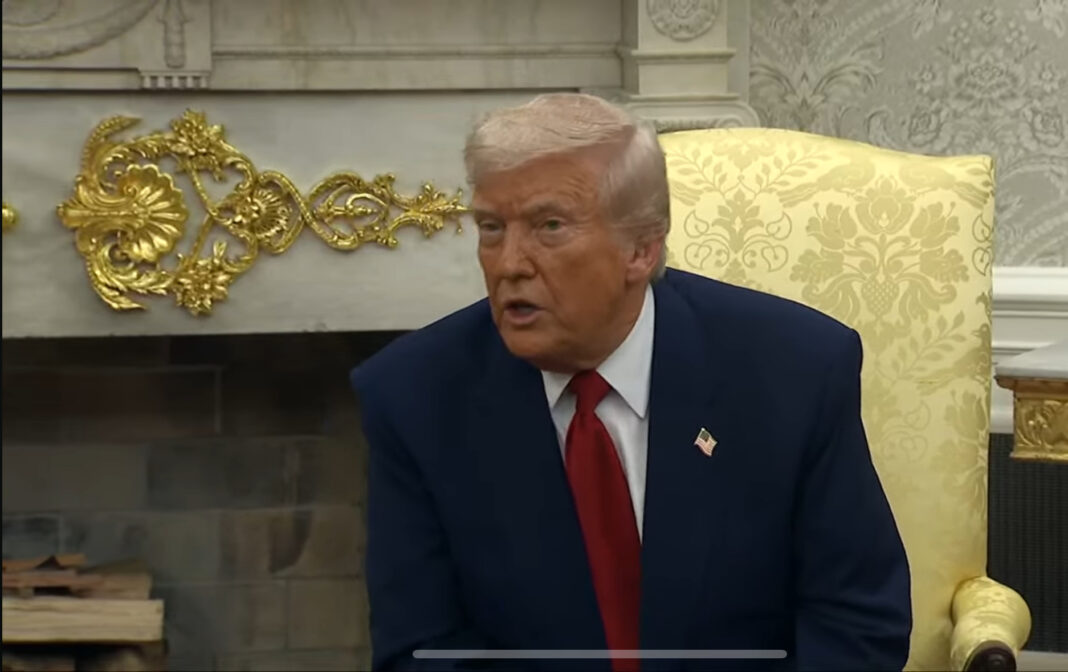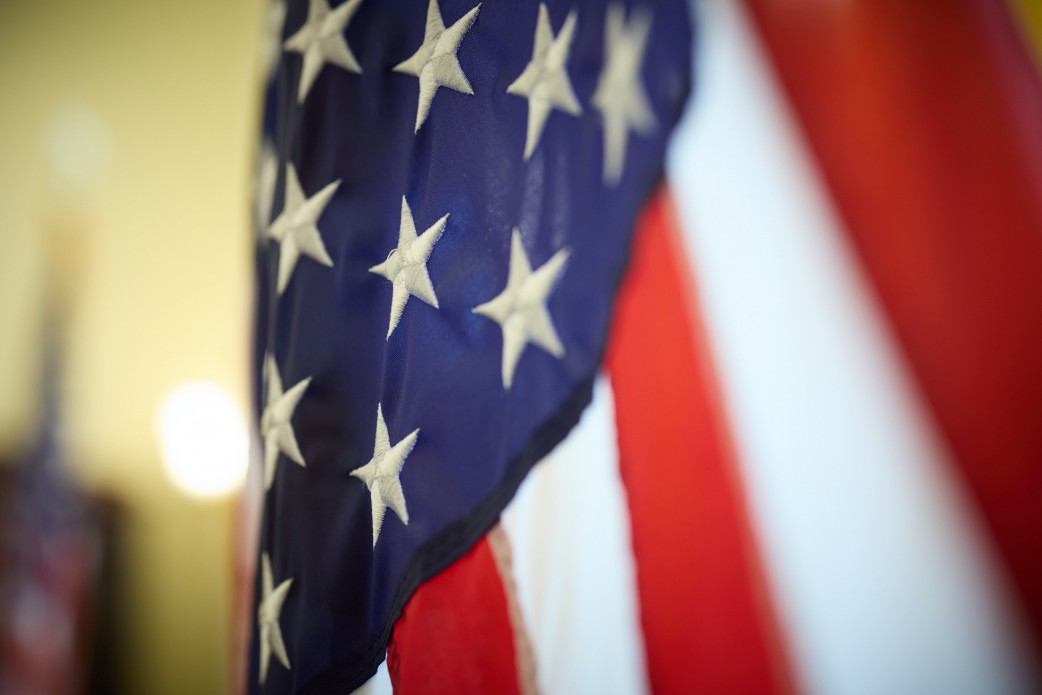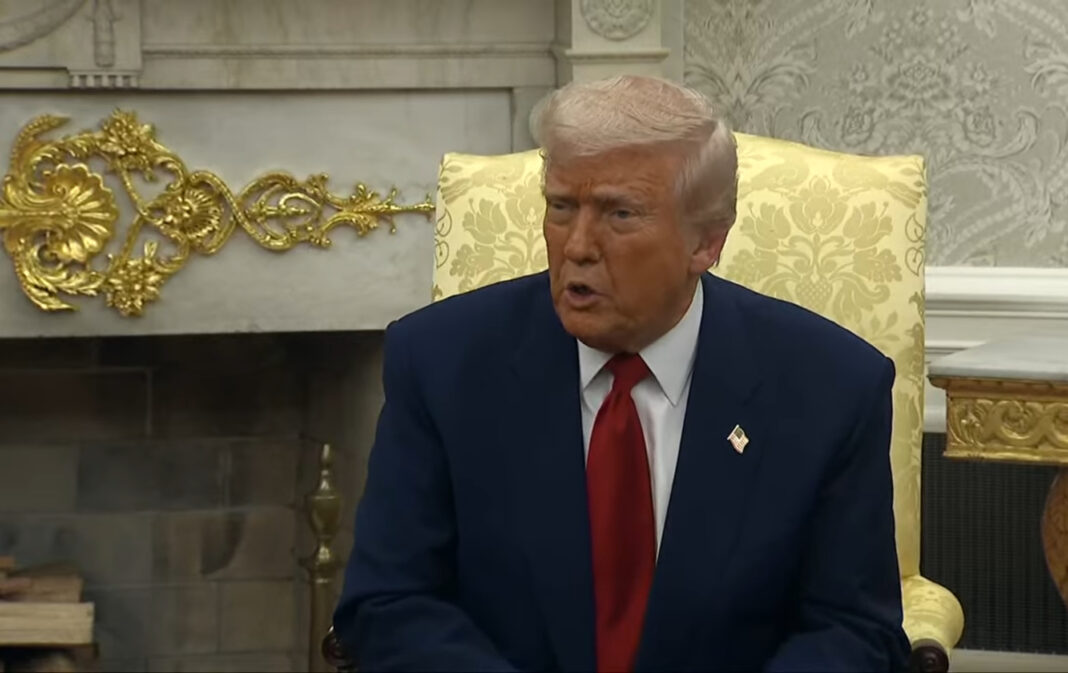In a significant development, President Donald Trump announced that the United States and Iran will commence direct negotiations concerning Tehran’s nuclear program. Speaking at the White House after a meeting with Israeli Prime Minister Benjamin Netanyahu, Trump stated, “We’re having direct talks with Iran, and they’ve started. It’ll go on Saturday. We have a very big meeting, and we’ll see what can happen.”
This announcement follows a series of escalating exchanges between Washington and Tehran. In March, Trump sent a letter to Iran’s Supreme Leader Ayatollah Ali Khamenei, urging new negotiations and warning of potential military action if an agreement was not reached. Khamenei dismissed the letter, criticizing it as a form of “bullying.”
Iran has expressed reluctance to engage in direct talks under pressure. Foreign Minister Abbas Araghchi labeled such negotiations as “meaningless,” suggesting instead that indirect discussions through intermediaries like Oman would be more appropriate.
The international community has shown concern over the heightened rhetoric. Russia, for instance, has offered to mediate, emphasizing its commitment to diplomatic solutions. Meanwhile, Iran has cautioned neighboring countries against supporting any U.S. military actions, viewing such cooperation as hostile.
As the scheduled talks approach, the global community watches closely, hopeful that diplomacy will prevail over conflict.




